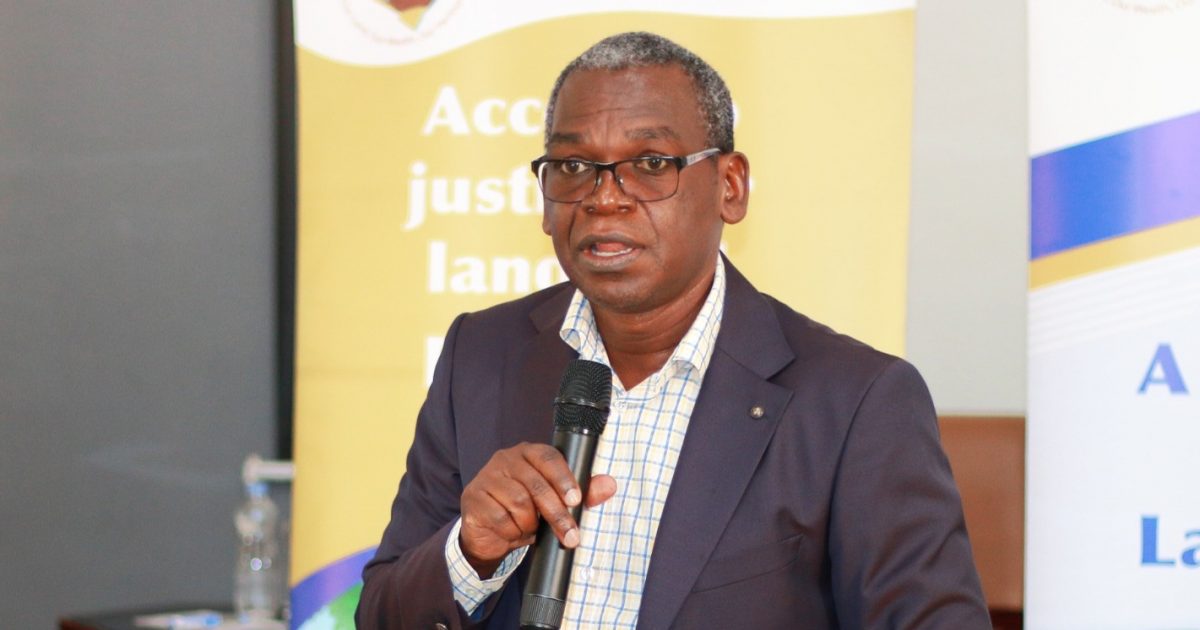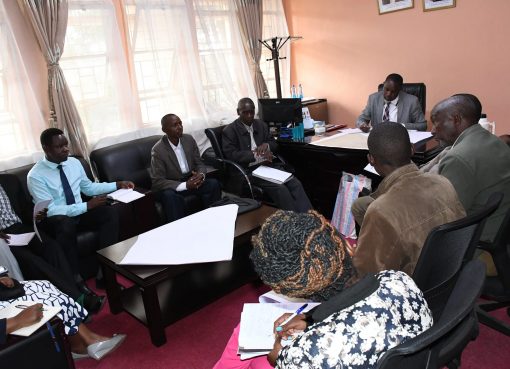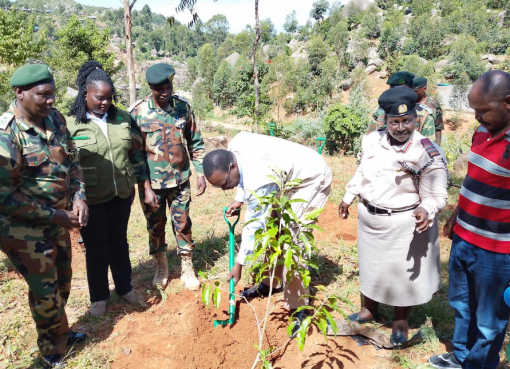The National Land Commission (NLC) has called for a speedy development of a comprehensive maritime spatial plan for Lake Victoria to harness blue economy opportunities.
NLC Commissioner Reginald Okumu said the plan was critical to demarcate the lake and its resources and inform policy formulation around sustainable exploitation of the resources.
This, he said was critical to address challenges facing the water body among them overexploitation of the fishery resources which has led to a reduction in stocks and extinction of some fish species.
“We have had discussions with women who sell Omena (Dagaa) and their biggest concern is the dwindling stocks of the delicacy. Therefore, we must have this maritime spatial plan in place to guide development of blue economy activities while ensuring sustainable exploitation of the resources,” he said.
Whereas the Ministry of Mining and Blue Economy was spearheading the development of the plan, Okumu said NLC which is the custodian of all land in the country will partner to fast track the process.
“Most people think that NLC is only in charge of agricultural land. We are custodians of all the land including where we have the lakes and rivers that is why we are taking an active role in this exercise,” he said.
Speaking in Kisumu during the 3rd Lake Region Economic Bloc (LREB) Natural Resources Dialogue, he underscored the importance of the document in guiding the formulation of laws, policies and regulations to safeguard the lake.
This, he said would create a strategic framework for managing the various sectors that depend on the lake’s resources.
These includes fishing, aquaculture, transportation, wildlife and tourism, as well as safeguarding critical ecosystems such as wetlands and biodiversity hotspots.
Okumu said the new Marine laws, will provide clear spatial guidelines and zoning, thus reducing conflicts between various stakeholders, such as fishermen, farmers, and conservationists, while also fostering investments in sustainable industries.
Additionally, the plan, h added will enable the government and local authorities to optimize resource use, mitigate environmental degradation, and ensure that the benefits of the lake’s resources are equitably distributed across the riparian countries—Kenya, Uganda, and Tanzania.
“In this way, the Marine Spatial Plan aims to contribute significantly to the broader blue economy vision, which seeks to harness the economic potential of oceans, rivers, and lakes while ensuring their environmental sustainability,” he said.
The laws, he added will champion for the inclusion of women in blue economy activities and ensure they are on the table when decisions affecting the sector are made.
“Despite the huge blue economy potential, very few women have taken up the initiative to venture into the lake. We want to empower them to actively take their place in natural resources management,” he said.
NLC, he said, has developed Natural Resources Atlas which indicates all the available natural resources in the country and where they are located.
The information which is available at a click of a button on the agency’s geoportal, he said would be a game changer in the management of natural resources in the country.
“We worked with the national and county governments to develop this tool which will help the two levels of government when engaging potential investors,” he said.
The dialogue organised by NLS in collaboration with the Kenya Ethical and Legal Issues Network (KELIN), brought together government officials, key stakeholders and community leaders from the 14 LREB counties.
KELIN chairman Ambrose Rachier, lauded the initiative saying it will go a long way in opening up blue economy opportunities.
He said focus should not just be on the management of the lake’s physical resources, but also on establishing policies that promote transparent and accountable governance.
The chairman stressed that effective management of Lake Victoria’s resources must also ensure that communities and stakeholders have clear rights to access and utilize the water, wetlands, wildlife, and related ecosystems.
“This includes securing the rights of local communities to sustainably use the lake’s resources while also protecting the it’s biodiversity and ensuring equitable distribution of economic opportunities,” he said.
“It is vital that these communities are not marginalized but are given the opportunity to benefit from the blue economy while also contributing to its governance and sustainability,” added Rachier.
By Chris Mahandara





